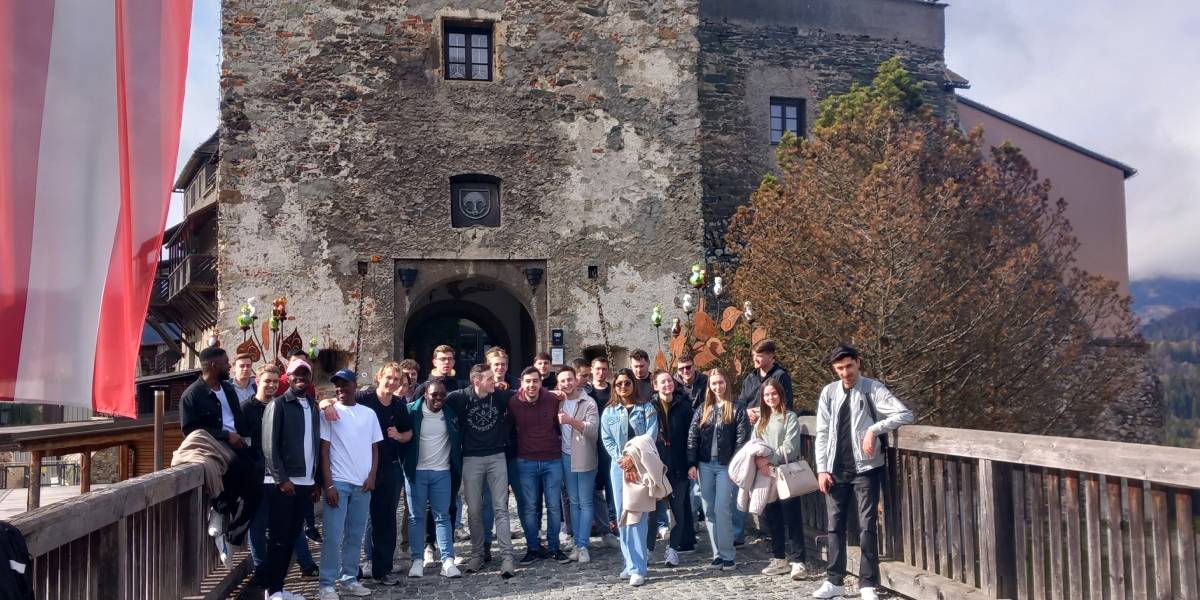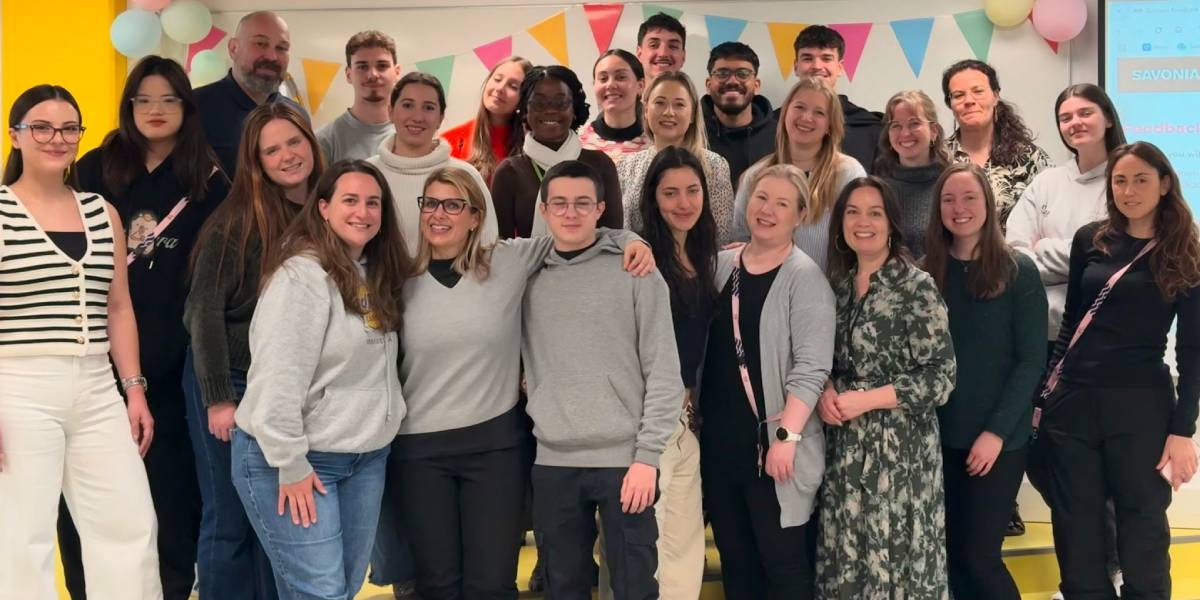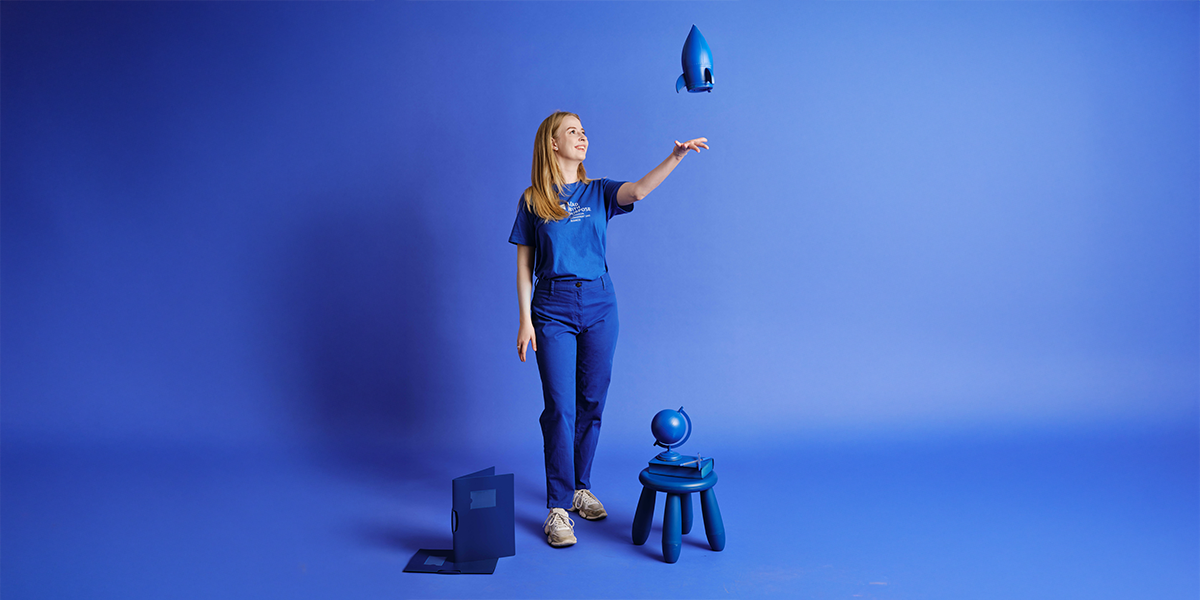Brigitte Loder-Fink is wholeheartedly an occupational therapist and has been active in teaching and research at the FH JOANNEUM since 2014. It is her concern that people, despite various health problems, are allowed to experience everyday life and meaningful everyday activities are facilitated in all situations. In this Science Story, she looks at how occupational therapy connects research and practice.
Science Story: Enabling Action – Promoting Health
Brigitte Loder-Fink MSc, 02. March 2024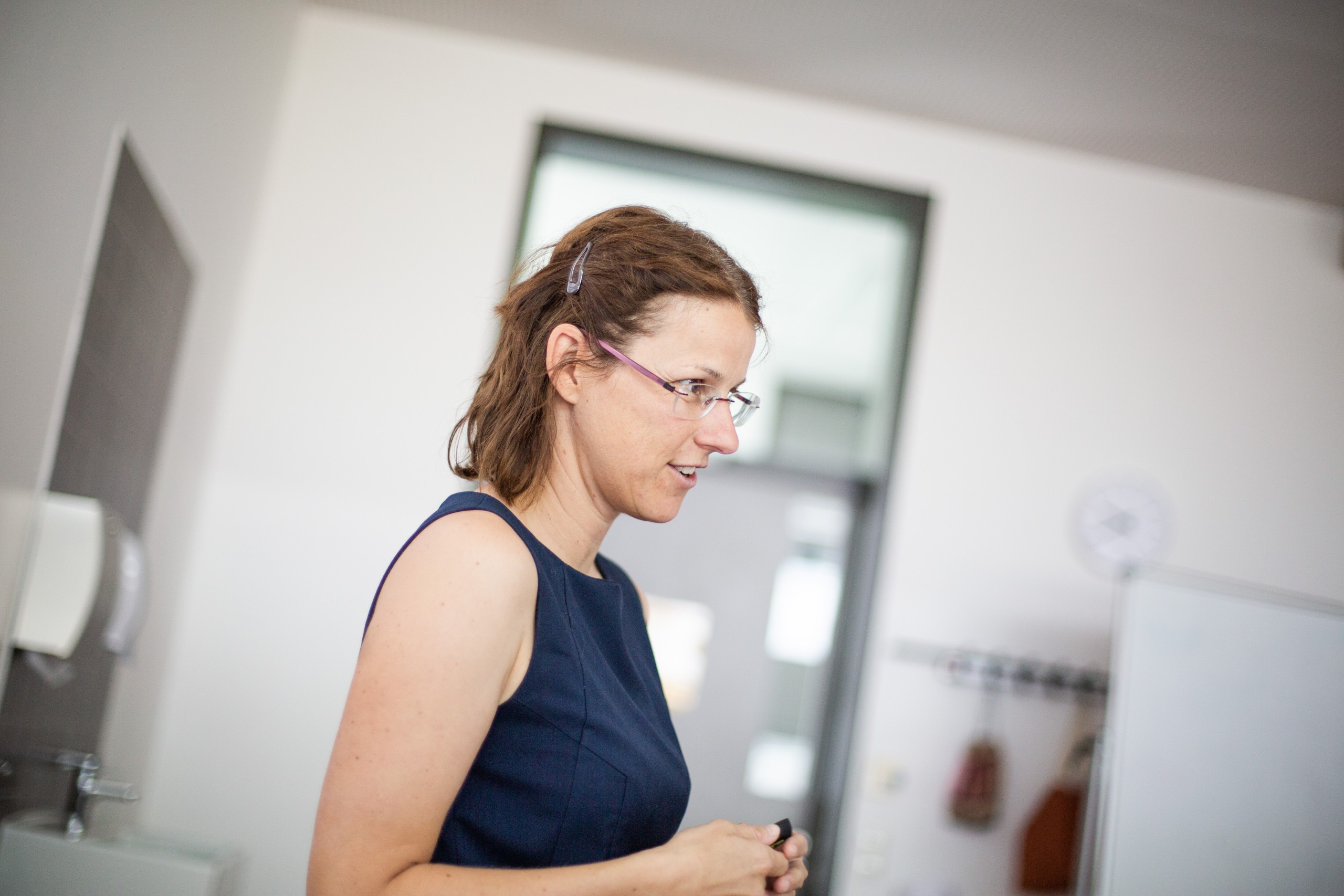
“What do you do all day? Imagine you couldn’t do that anymore…” Feel for a moment what it would be like if you could no longer pursue your hobbies, professional or academic activities, or even everyday tasks such as showering, going to the toilet, making phone calls, or surfing the internet.
In occupational therapy research the effects of being active and the ability or inability to be active on people’s lives and health in various situations are identified, and (occupational therapy) interventions are tested for their effectiveness
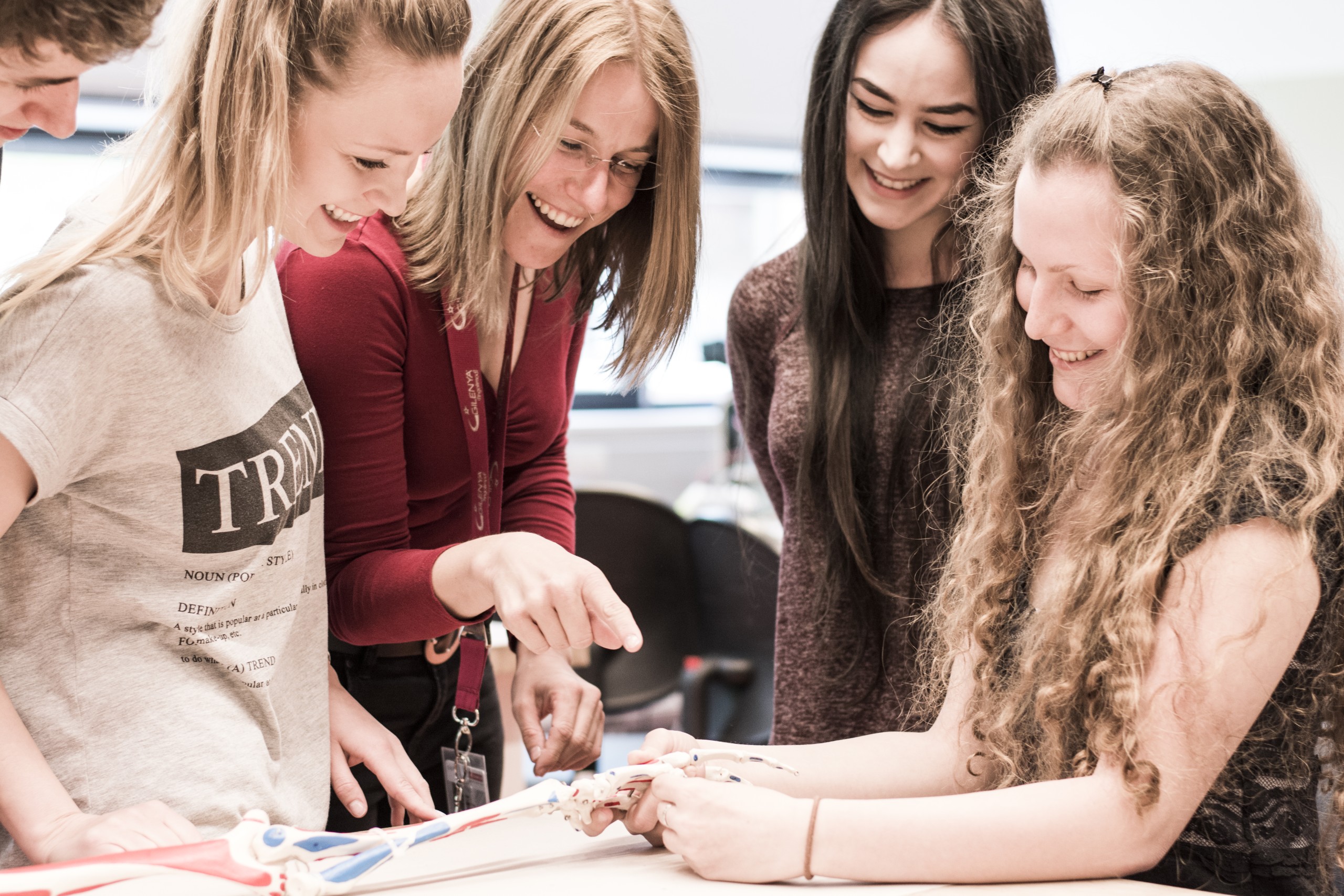
Brigitte Loder-Fink and students
Occupational therapists believe that meaningful action is not only a basic human need but also has a healing and health-promoting effect. Occupational therapy helps people carry out their daily activities and life roles as independently and meaningfully as possible. Meaningful actions play a central role in this. By promoting activities that are important for an individual’s lifestyle and personal interests, occupational therapy can help strengthen clients’ sense of self-efficacy, identity, and joy in life. When people are prevented or excluded from participating in subjectively meaningful, necessary, and self-chosen activities, it can negatively impact their health. It can also lead to anxiety, depression, and a feeling of hopelessness.
Johann & gardening
I would like to illustrate how occupational therapy connects research and practice with a case study.
After the death of his wife, Johann moved from his farm, where he had lived since birth, to his daughter Linda’s apartment. After the move, Johann began to change in character. The diagnosis was soon clear: Alzheimer’s type dementia. Within just a few months, his health worsened, and Josef moved into a nursing home.
Attempts were made several times to motivate Johann to engage in an activity, but he reacted aggressively and dismissively. No offered activity matched Johann’s usual roles, his action biography, or was meaningful to him.
In occupational therapy, Johann spoke with shining eyes about agricultural work around the farm. From this conversation, meaningful actions that matched his skills were derived, and action plans were created. In the institution’s everyday life, the following meaningful actions are possible for Johann: gardening and walks outdoors. Since then, he has been carrying watering cans over long distances to water plants, helping other residents plant flower beds. During walks in the nearby forest, he explains the different types of trees to the group. When he is outdoors, he enjoys being with others.
Linda sometimes helps her father with the gardening or takes him to the forest for walks. Through these shared activities, she has found a way to reconnect with her father. She feels that she has gotten back the father she used to experience for a few moments.
The nursing staff reports that Johann is no longer as restless and aggressive. This makes interactions and nursing tasks easier. He wanders less in the hallways, and his eating behavior has improved: after physical exertion, he regularly asks the nursing staff for a “snack,” because that’s what he used to have when he came home from the field.
Research-Led Teaching
To combine research and practical work already during their studies, occupational therapy students are actively involved in research projects. For example, they organize play afternoons with kindergarten children or senior cafés and conduct health-promoting workshops in communities. These practice-oriented projects provide students with valuable experience, prepare them for professional life, and simultaneously promote exchange between the university and the community.








